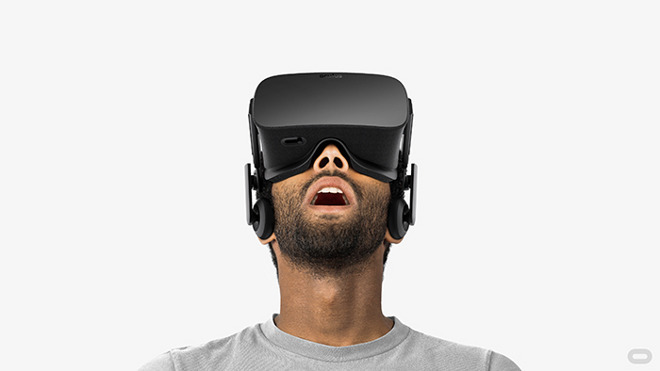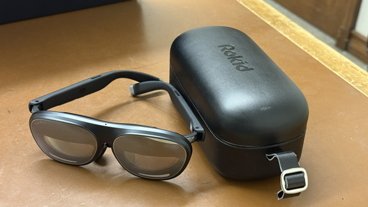Facebook's Oculus was ordered to pay ZeniMax $500 million on Wednesday, after a Dallas jury ruled that Oculus co-founder Palmer Luckey violated a non-disclosure agreement in building the first prototypes of the Rift headset.
Breaking down the total, Oculus will pay $200 million for the NDA violation, $50 million for copyright infringement, and $50 million for false designation if it doesn't win a planned appeal, Polygon reported. Luckey himself is expected to pay $50 million for the false designation, while former CEO Brendan Iribe owes three times as much for the same charge.
ZeniMax is a game publisher best known for studios like id Software and Bethesda. The company filed suit against Oculus in May 2014, alleging that the firm used ZeniMax code in order to develop the Rift. Luckey had been in contact with id co-founder John Carmack, who would later become Oculus's CTO. A version of id's "Doom 3" was used to pitch Rift backers.
The lawsuit argued that Carmack helped significantly refine the headset, and that the Rift SDK was adapted from ZeniMax code. A core issue during the trial, in fact, was whether Luckey was competent enough to make the headset work on his own.
Another topic was the claim that Oculus dodged attempts at a licensing agreement — Iribe said that Bethesda's president referred to Oculus as "kids," and threatened to block Carmack from working on anything VR-based if Oculus didn't sign a deal giving ZeniMax 15 percent equity.
In court ZeniMax aimed for as much as $4 billion in damages, but this shot down by the jury, which found that Oculus hadn't misapproriated trade secrets. The trial was a high-profile affair with testimony not only by Carmack, Luckey, and Iribe, but also Facebook CEO Mark Zuckerberg, since Facebook bought Oculus for $2 billion just months prior to the case being filed. Lawyers for Oculus insinuated that ZeniMax was motivated by factors like anger and jealousy.
While companies like Facebook, HTC, and Sony are now deploying some of the world's first consumer VR headsets, Apple has largely stayed clear of the field. CEO Tim Cook has expressed interest in the technology, but argued that augmented reality is a better path, supposedly because technology should encourage human contact. The executive has admitted that Apple is investing "a lot" in AR.
At the same time, no Apple product is powerful enough to support VR on the same level as the Rift or the HTC Vive. Even high-end iMacs use mobile graphics cards that are too weak.
 Roger Fingas
Roger Fingas














 Christine McKee
Christine McKee
 Appleinsider Staff
Appleinsider Staff



 William Gallagher
William Gallagher

 Sponsored Content
Sponsored Content









10 Comments
uh...juries don't ask.
So ZeniMax, which bought John Carmack's id Software, is saying Carmack performed work for Oculus while he was still with id, and that's what gives them an ownership stack in the technology that flowered. Wow. Talk about a bonehead move from Carmack if true...
It looks like ZeniMax may now seek an injunction to block sales of the Rift.
Reality can be a bitch!